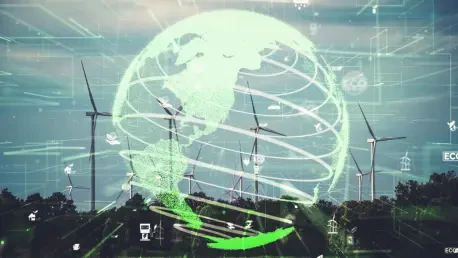
The agricultural landscape has been evolving rapidly with technological advancements, aiming to improve productivity and sustainability in food production. One of the most notable developments is the integration of artificial intelligence (AI) and drones into rice farming, a major staple crop

In the dynamic world of air cargo, the role of leadership cannot be understated as the industry faces complex challenges stemming from global disruptions, economic pressures, and increased demands for sustainability. Navigating this intricate landscape requires visionaries who view complexities not

In an urgent public health announcement, the National Weather Service alerted residents of New York City, including all its boroughs and outlying areas like Rockland and Westchester counties, about deteriorated air quality. This alert, in effect until the subsequent Monday evening, has been

As the demand for sustainable energy solutions grows, the United States is on the verge of solidifying its position as a leader in the global liquefied natural gas (LNG) market. This strategic ascent is marked by the authorization to construct Venture Global's CP2 LNG facility, which is set to

In a solar market characterized by unexpected downturns and economic uncertainties, the success of a particular pilot program in Montgomery County, Maryland, symbolizes innovation in renewable energy financing. Launched with foresight and collaboration, this initiative stands out amid national

In recent years, the energy sector has faced unforeseen shifts as electricity demand surges, challenging traditional paradigms of utility management. Once seen as a landscape of limited growth, the sector now encounters rapid demand increases propelled by advancements in data center technology and